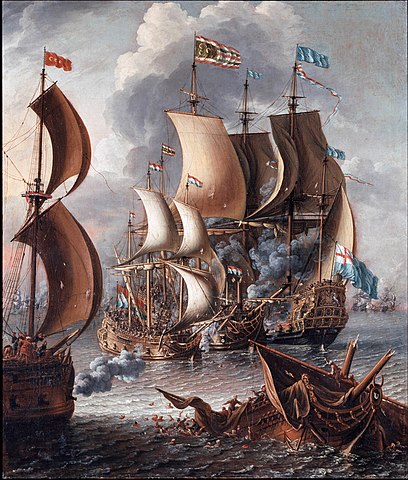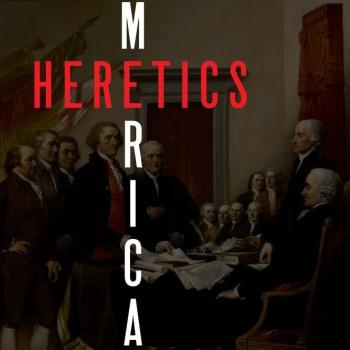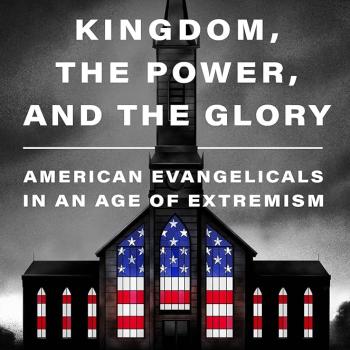Politicians and pop history writers squabble endlessly about whether America was founded as a “Christian nation.” Skeptics routinely point to the 1796 Treaty of Tripoli, in which American officials declared that “the government of the United States of America is not in any sense founded on the Christian Religion” and “has in itself no character of enmity against the laws, religion or tranquility of [Muslims].”
A little-noticed letter to Benjamin Franklin from America’s agent in Morocco, the Italian Francisco Chiappe, in 1784, struck an opposite note. “His Majesty the Emperour of Marocco (whom God preserve) commands me to write to your Excellency that he is in good Friendship and Peace with all the Christian Nations,” Chiappe said. This letter was in regard to an American vessel detained in Morocco. It is fascinating to see that, according to the Emperor of Morocco, the new United States stood among the “Christian Nations,” which would have also included Britain and the countries of Europe.

Assuming this note accurately reflected the Moroccan emperor’s sentiment, what did it mean for America to be a “Christian nation”? The First Amendment, which formally renounced a national established church for America, had not yet been adopted. But America was born out of Britain, which did have an official church. Many early American settlers came from other European nations with official churches. Most of the colonies had an official church, too, either the Church of England, or the Congregationalist Church.
In 1784, discussions were beginning in Virginia about disestablishing the Church of England, a move which would signal the beginning of the end for most of America’s state established churches. (Massachusetts would be the last to go, dropping its formal commitment to the Congregationalist Church in 1833.)
More pertinent, though, was the fact that the vast majority of European-background Americans in 1784 would have identified as Christians. Evangelicals might have quibbled about how many of these Americans were actually converted believers. Nevertheless, if you could have done a public survey in 1784, only small numbers of Jews and skeptics among those of European background would have professed not to be Christians. (Only minorities among African Americans and Native Americans would have identified as Christians at that time, however.)
To an outside Muslim observer, it was common sense: America was a “Christian nation.” There were few Muslims living in America (most of them were Muslim-background African slaves). Virtually all public officials and voters were at least nominally Christian. To people used to the notion that nations had public faith commitments, there seemed no other option than a Christian affiliation for America.
Yet in the Tripoli treaty, which generated little public controversy twelve years later, the American government said it was in no sense “founded on the Christian Religion.” Why would the U.S. say this? Primarily because of the diplomatic value of it. If America was not founded on Christianity, then it had no necessary conflict with Muslim nations. And by that time, it had ratified the First Amendment, which prevented Congress from making laws respecting an established national church.
Demographically, nothing had changed – white Americans remained overwhelmingly Christian. But the First Amendment gave the government a plausible (and convenient) basis on which to tell North African Muslims that their nation was not officially Christian.
Was America a “Christian nation”? Then and now, it depends a lot on your perspective.
[Friends, you can sign up here for my Thomas S. Kidd author newsletter. Each newsletter will update you on what’s happening in my writing and offer thoughts on the best practices for productivity. It will contain unique material available only to subscribers, and each will help you keep up with my blog posts, books, and other items from around the web. Your e-mail information will never be shared. Thanks!]












